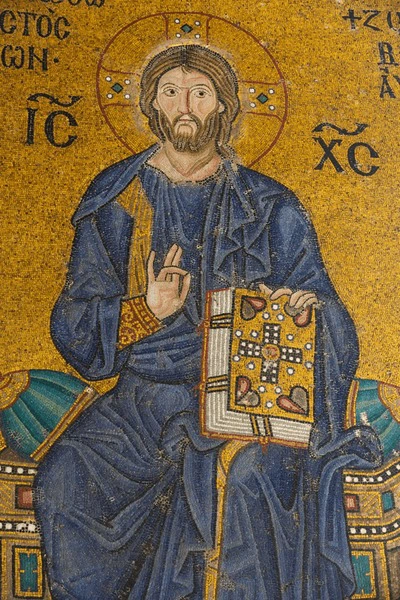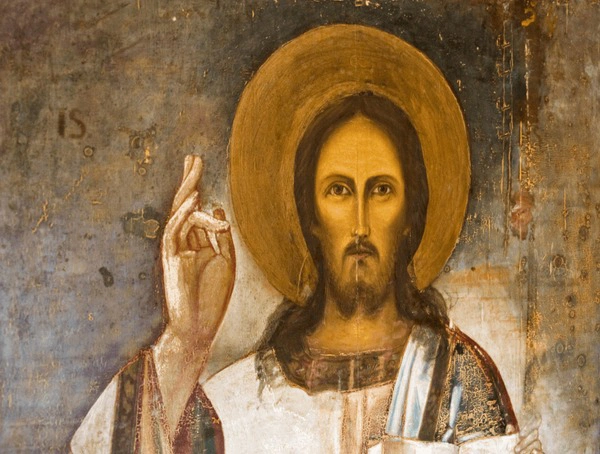
Continuity Through Generations: Understanding Matthew 1:14
Explore the rich tapestry of Jesus' genealogy in Matthew 1:14, focusing on the significance of Abiud, Eliakim, and Azor. Learn how their lineage demonstrates the continuity of God's promises through challenging times, including the exile. Discover how understanding these biblical narratives can inspire patience and faith in God's perfect timing and plan.
Sarah Mitchell
26/11/2024 - 7 months ago

Understanding the Context of Matthew 1:14
In the Gospel of Matthew, Chapter 1:14 finds itself nestled within the genealogy of Jesus Christ, a passage that may seem like merely a list of names to many readers. However, this genealogy is rich with significance, especially for those who seek to understand the continuity of God's promises throughout the Bible. Matthew meticulously traces the lineage of Jesus to demonstrate the fulfillment of prophecy and God's unwavering faithfulness.
Verse 14 specifically mentions Abiud, Eliakim, and Azor, names that may not be widely recognized but play a crucial role in the biblical narrative. These individuals represent the generations that carried the promise of a Messiah through the period of the exile and beyond. This was a time when the Jewish people faced upheaval and uncertainty, yet their lineage, as highlighted here, remained intact, showcasing God's divine plan.
For many, the genealogy presents a tapestry of faithfulness, weaving through history to show that despite human failings and challenges, God's promise of a redeemer was steadfast. The inclusion of Abiud, Eliakim, and Azor reflects the hope and continuity that God provides, assuring believers that His plans are constant and reliable, even in times of distress.
The Significance of the Exile Period
The exile period was one of the most challenging eras for the Jewish people, marked by the destruction of Jerusalem and the Babylonian captivity. During this time, many may have felt abandoned, questioning the future of God's covenant with them. The genealogy in Matthew 1, including verse 14, serves to remind believers that even during apparent silence, God was still at work.
Abiud, Eliakim, and Azor's mention is significant because it signifies the endurance of the Davidic line. Despite the physical and spiritual challenges faced during exile, the lineage remained unbroken. This continuity was essential for the eventual birth of Jesus, who would be the fulfillment of the promise made to David that his kingdom would have no end.
The exile also served as a period of purification and reflection for the Jewish people, turning their hearts back to God. Through this time of trial, the faithfulness of God's promise became even more apparent. For modern readers, this can be a reminder that God's plans often transcend immediate circumstances, offering hope and assurance in His timing.
Reflecting on the Generations of Faith
Every name in the genealogy, including Abiud, Eliakim, and Azor, represents a story of faith and perseverance. These individuals were part of a lineage that carried immense significance, not just for their time but for all generations to come. Understanding their place in history can inspire believers today to see themselves as part of a larger narrative.
Reflecting on these generations encourages us to consider the legacy we are building in our own lives. Just as Abiud, Eliakim, and Azor were part of the chain leading to the birth of Christ, we too are part of a spiritual lineage that can impact future generations. This perspective encourages us to live with intention, knowing that our faith and actions contribute to God's unfolding story.
The genealogy reminds us that God's timing is perfect, and His promises are fulfilled in ways we may not always see immediately. By studying these passages, we gain a deeper appreciation for the long-term faithfulness of God and the importance of each individual's role in His divine plan. It encourages us to remain faithful, trusting that God is at work even when we do not yet see the fruits of His promises.
Applying Biblical Lessons to Modern Life
The genealogy in Matthew, and particularly verse 14, offers profound lessons for our daily lives. It speaks to the importance of patience and trust in God's plans. Even when circumstances seem dire, we can hold onto the assurance that God is weaving a greater purpose through our lives, just as He did with Abiud, Eliakim, and Azor.
This passage encourages us to embrace our heritage of faith. As individuals and communities, we are called to live out our beliefs, knowing that our actions have lasting impacts. Just as the ancestors of Christ held onto hope through difficult times, we too can find strength in our faith to endure and thrive, regardless of the challenges we face.
Incorporating these biblical insights into our lives can lead to spiritual renewal and growth. Whether through personal reflection, community involvement, or mentoring others in faith, we can contribute to the continuity of God’s promises. By recognizing our place in the lineage of faith, we find purpose and encouragement, knowing that our journey is part of God's grand design.




















